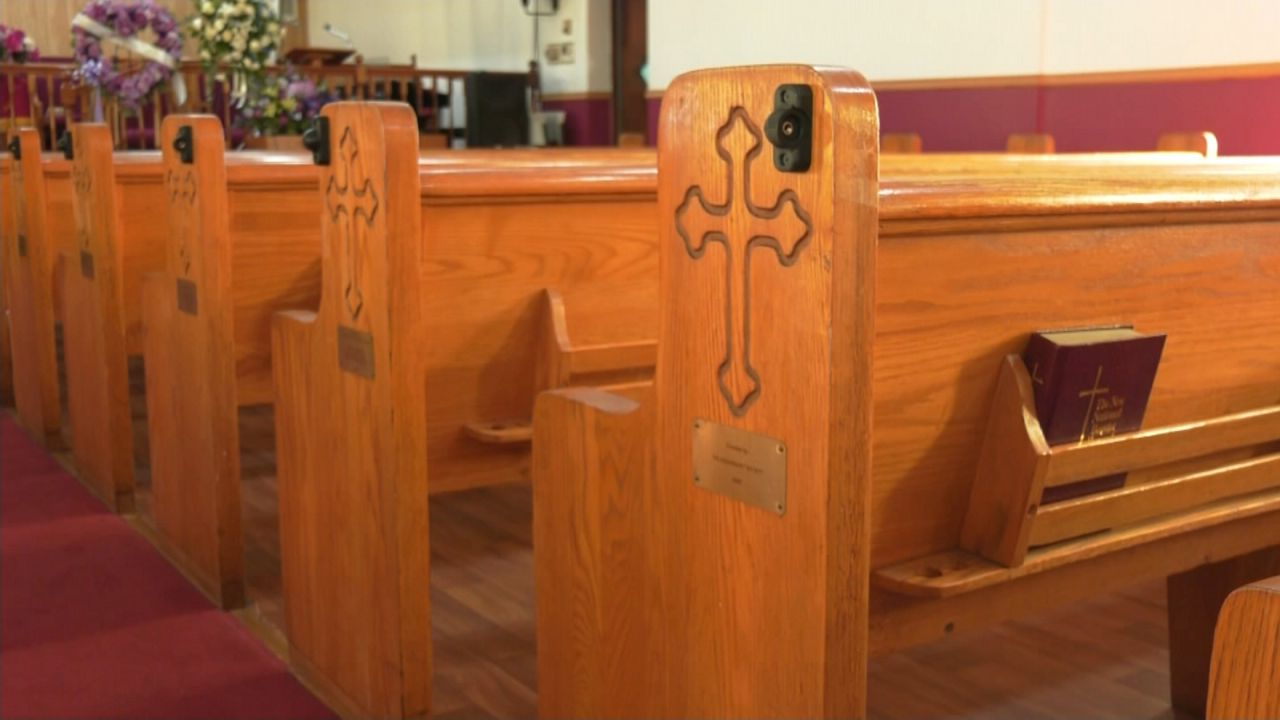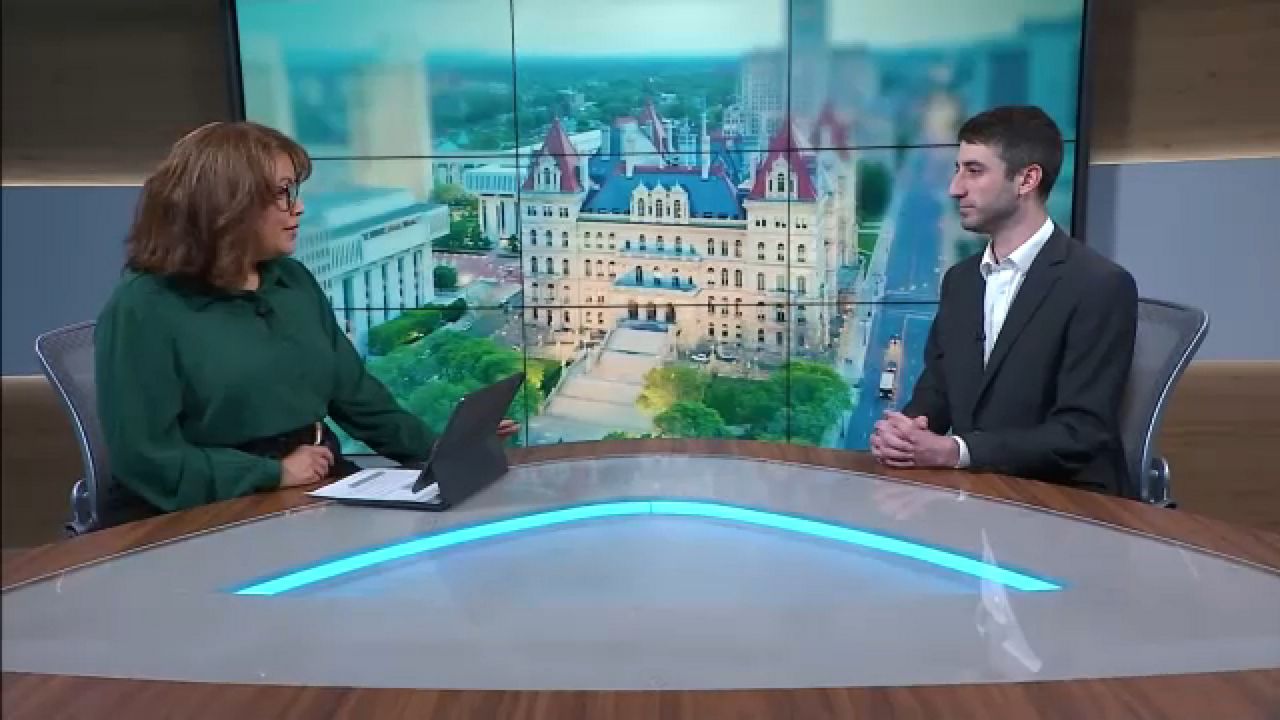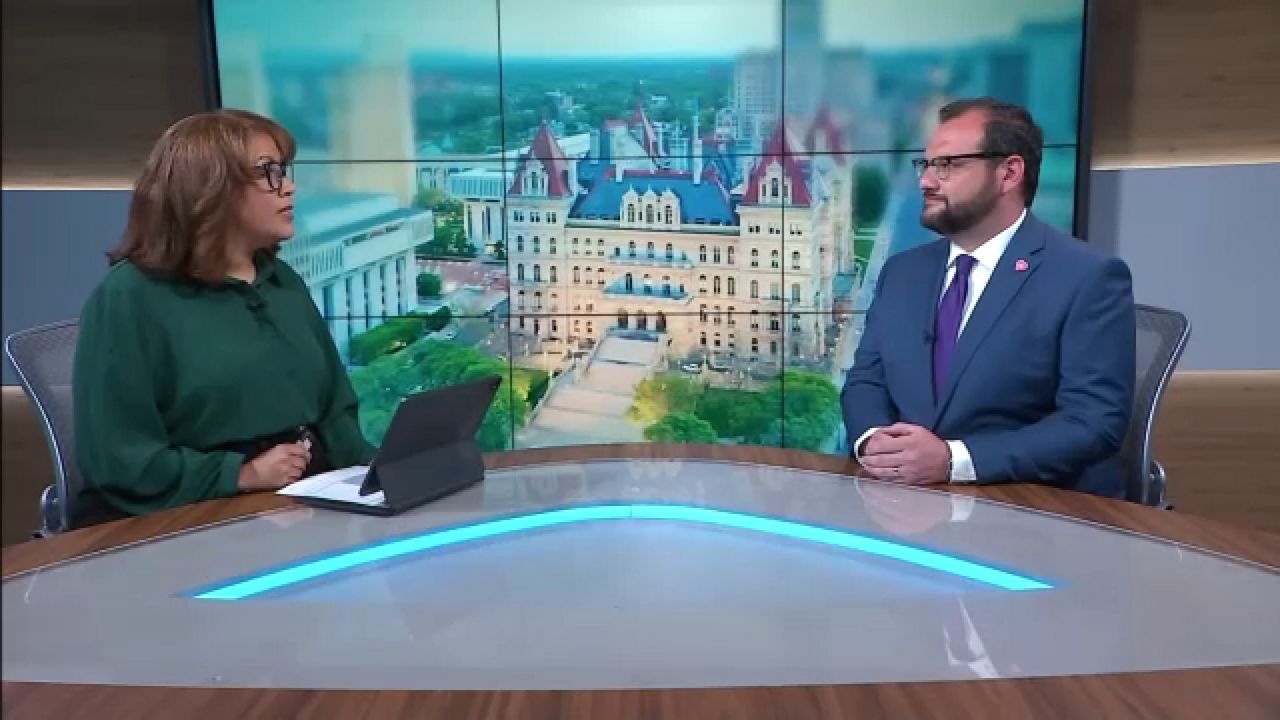The housing crisis across New York state is something Gov. Kathy Hochul hopes she and the Legislature can address this year. Nonprofit leaders who are familiar with efforts to expand affordable housing shared their views on the state's efforts, and what else they think can be done.
Adam Bosch, president of nonprofit Pattern for Progress, said the Hudson Valley region is facing a major housing crunch. It’s a problem that has been slowly building, but has the power to squeeze economic development out of the area.
“We’ve really underbuilt housing from 2010 to 2020 and even going back before that. So we were actually very successful in attracting new jobs to the region, but the problem is that for every new job we created, we only built less than half of a housing unit,” Bosch said.
While a specific road map has yet to be set in stone, Hochul wants 800,000 new homes built across the state over the next decade. She recently announced a $390 million plan to create or preserve more than 1,600 affordable and supportive homes.
Kevin O’Connor, CEO of the affordable housing provider RUPCO, said the proposed investment is critical right now because demand is so high.
“A series of things: We had the foreclosure debacle in 2008; we’ve had a lot of investment in our housing; we’ve had a lot of units go from long-term rental to short-term rentals with Airbnb; we’ve had the pandemic where people come up and buy things sight unseen,” O’Connor said.
That demand is being seen across upstate.
Albany Mayor Kathy Sheehan said economic growth needs to be supported with affordable housing.
“There is a need for different, diverse types of housing, and when you see affordable senior housing in Saratoga County get shot down, get shot down in Colonie, I think that’s the frustration that the governor is responding to,” Sheehan said.
Bosch said fixing the housing issue is more than just creating more affordable rentals. Although it may not be flashy, he said zoning could go a long way to getting developers to create home ownership opportunities for the area’s work force.
“We need to take a look back at what was happening back in the 40s, 50s, and 60s, when you had ranch-style homes on smaller lots. And this is how a lot of American families were able to enter home ownership,” Bosch said.
Hochul is expected to present her budget on Feb. 1.






_DNT_Squatters_(CLEAN))





